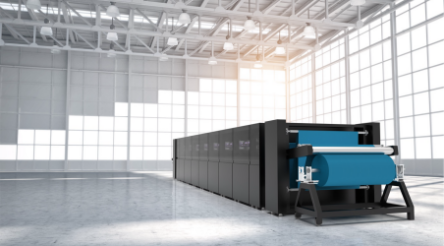ElectraLith produces lithium hydroxide through novel membrane tech

Melbourne-based ElectraLith Pty Ltd has announced that its next-generation DLE-RTM technology has successfully produced battery grade lithium hydroxide from very concentrated brines known as Salar brines, geothermal oilfield brines and spodumene (lithium ore) leach.
The technology, Backed by Rio Tinto, IP Group and Monash University, included production of 99.9 percent pure lithium hydroxide from a contaminated brine comprising less than 60 parts per million lithium.
The proof of concept was achieved using no water, no chemicals and minimal energy.
The process can run entirely on renewable power, delivering a step-change reduction to the environmental and economic costs, according to ElectraLith.
ElectraLith CEO Charlie McGill said: “Our production of battery grade lithium hydroxide from a range of sources provides proof of concept and continues our progress towards commercialisation.
“These test results validate the true potential of DLE-RTM across lithium resource type, quality and concentration, underpinning DLE-R’s emergence as the most economic and sustainable method for extracting and refining lithium.”
DLE-RTM is a proprietary end-to-end electro-membrane technology which unlike most technologies which generally produce lithium chloride can produce battery grade lithium hydroxide or lithium carbonate as its final product.
ElectraLith’s patented DLE-stage membranes are based on work conducted by nanomaterials researcher and membrane scientist Sir John Monash Professor Laureate Huanting Wang of Monash University.
McGill said: “We’re particularly excited about (our) Paradox Basin Utah result, where DLE-RTM produced 99.9 percent pure lithium hydroxide from Mandrake’s geothermal oilfield brines without water, an increasingly scarce resource in the broader Colorado River Basin.
“This, coupled with the production of lithium hydroxide from a brine with less than 60ppm, demonstrates DLE-RTM’s ability to unlock otherwise unviable strategic reserves in the United States and Australia.”
Picture: ElectraLith
@aumanufacturing Sections
Analysis and Commentary Awards casino reviews Defence Gambling Manufacturing News Online Casino Podcast Technology Videos





